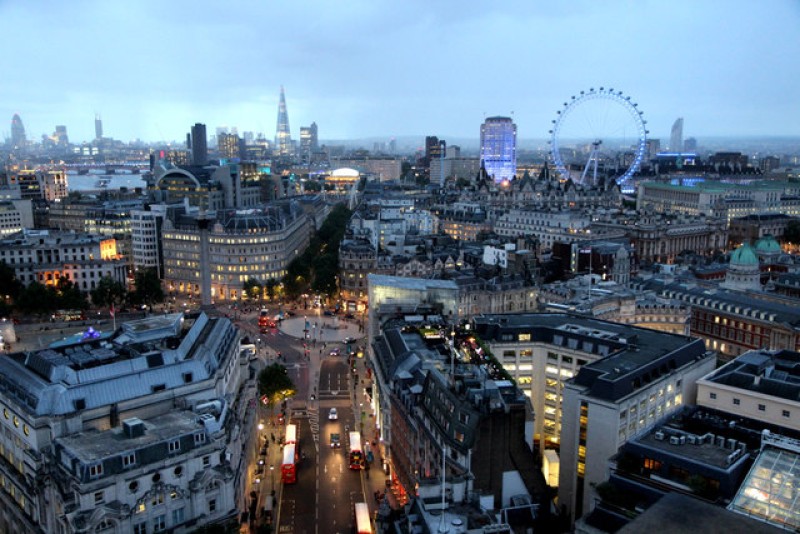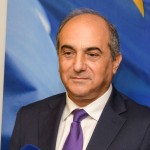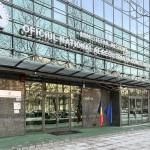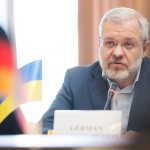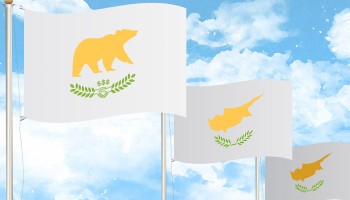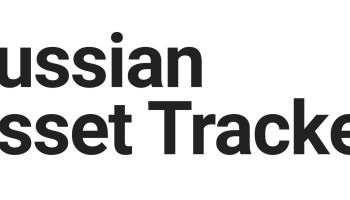The new "unexplained wealth orders” - measures that target UK residents who may be laundering money - go into effect this week and are designed to go after criminals and corrupt politicians from outside the EU who are using the UK to store their illegal wealth.
Two “politically exposed persons” are already being examined by the National Crime Agency under this new provision, the paper said. Dozens of other targets have already been identified and will be obliged to explain how they managed to pay for their expensive assets.
If suspects are unable to show that the money used to purchase their property was legally earned, British authorities will have the power to confiscate it. The proceeds from the resale of any confiscated property will be put towards the law enforcement budget, Security Minister Ben Wallace told The Times.
Previously, British authorities had difficulty investigating suspicious wealth owned by foreigners in London, unless they had been convicted in their home country.
Only “politically exposed persons” outside of the EU will be subject to the new UWOs.
Although UWOs can apply to all nations, Russians are expected to be a specific target.
In fact, Wallace said in an interview with The Times that British ministers wanted to exploit the success of the programme McMafia—a recent TV series about Russian gangsters living expensive lives in London—to raise public awareness of the issue of money laundering.
Wallace also mentioned the Russian Laundromat case in which 21 ghost companies, many based in Britain, were used as part of a huge scam to wash dirty money from Russia through western banks. OCCRP broke the story of the Russian laundromat in 2014.
According to the International Business Times, a number of Russian oligarchs have reportedly asked the Kremlin if they can return to their country without being arrested.
According to Reuters, Russian, Chinese and Middle Eastern investors have a particularly strong presence on the London assets markets—buying everything from multi-million dollar Chelsea apartments to whole companies. The National Crime Agency estimates that $127.08 billion is a “significant underestimate” of the money currently being laundered in London.
In 2015 the agency warned that property prices were being artificially inflated as a result of money laundering—buildings and apartments the owner wouldn’t otherwise be able to afford were being bought with laundered money and, often, left empty.
The Bulgarian outlet Bivol, an OCCRP partner, responded to the UWO measure by identifying two Bulgarian nationals in London property who they believe should be probed.
Kalin Mitrev, who owns a London apartment worth almost US$ 1.5 million, was involved in the Azerbaijani Laundromat case. An investigation into his finances was launched in Bulgaria last year, according to The Guardian. Ivaylo Krustev, seemingly a friend of the Bulgarian Prime Minister, invested millions into a luxury London night club, which was closed in November of 2017 because it was a meeting place for violent thugs.
